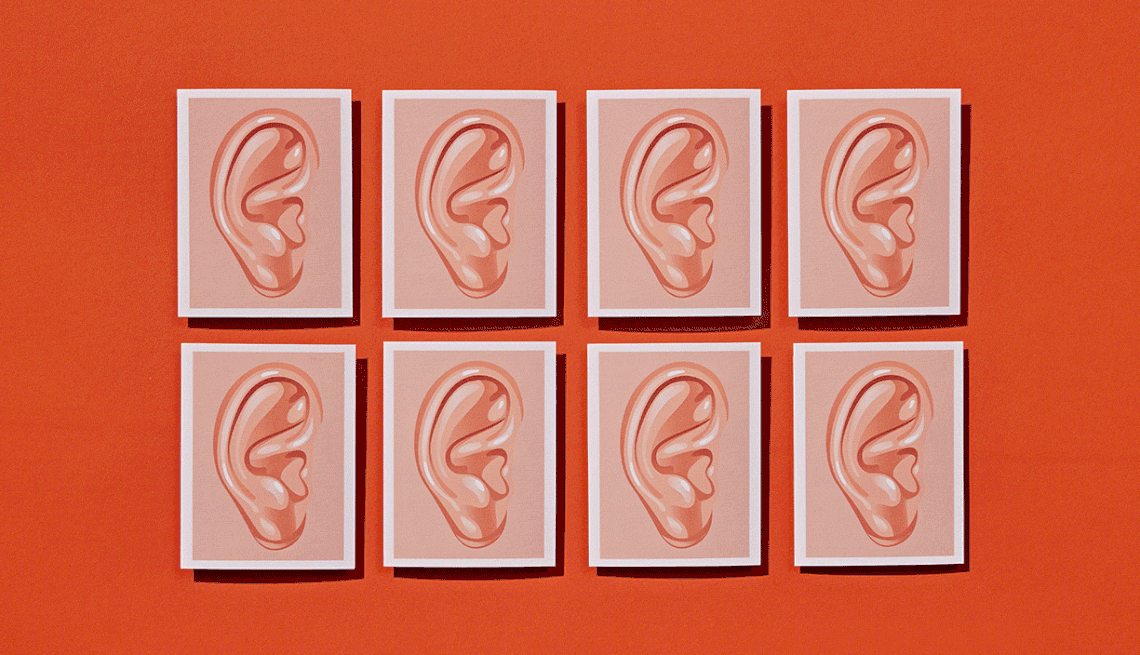AARP Hearing Center


Like many people who experience hearing loss, Herbert “Butch” O. Crosby, Jr., had noticed clues that his hearing was gradually worsening over the years.
Looking back now, Crosby, 78, of St. Matthews, South Carolina, says he would notice people talking about sounds that he couldn’t hear. An avid deer hunter, he remembers being in a tree stand with his youngest grandson. “My grandson said, ‘Papa, did you hear that?’ And I said no. He kept asking, and I kept saying, ‘No, I can’t hear that.’”
Crosby says hearing loss affected his morale and his ability to socialize with friends and family.
“You’re watching everybody talk but you can’t get in and talk yourself. It’s embarrassing, to be honest.” He said he reached a point where the only words he seemed to use were, “What did you say?”
Free at-home hearing test
AARP members can take a telephone-based hearing test for free once a year. The National Hearing Test is an independent and scientifically validated hearing screen test developed with funding from the National Institutes of Health (NIH). Find out more.
As a veteran, Crosby was able to get hearing aids through the VA, but he says the devices only provided limited improvement. His daughter, who works at Montgomery Speech-Language-Hearing Clinic at the University of South Carolina, repeatedly urged him to look into getting cochlear implants.
When he went for his first consultation, Crosby was told he didn’t meet the criteria established by Medicare at that time. But his timing was fortunate. In September 2022, Medicare adjusted their criteria for cochlear implant coverage eligibility, allowing Crosby to receive a cochlear implant device.
Hearing loss often goes unnoticed and untreated
In a recent AARP Research poll, most adults said knowing a hearing loss could harm their brain health would motivate them to address it — yet only 4 in 10 American adults ages 50 and over have had a hearing test in the last five years.
Because hearing loss can develop gradually over time, the person experiencing the hearing loss often doesn’t realize how bad things have gotten until other people around them point it out.






































































You Might Also Like
Sanjay Gupta, M.D., Reveals His Best Advice for Brain Health
‘The Last Alzheimer’s Patient’ reveals hopeful news
How to Convince a Partner to Get a Hearing Aid
Dr. Adam’s advice for encouraging a loved one to get their hearing tested10 Ways to Treat Ringing in the Ears Called Tinnitus
Find out what causes tinnitus, plus new treatments that may bring relief
Recommended for You